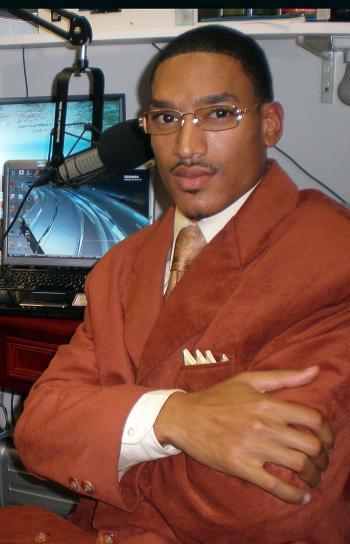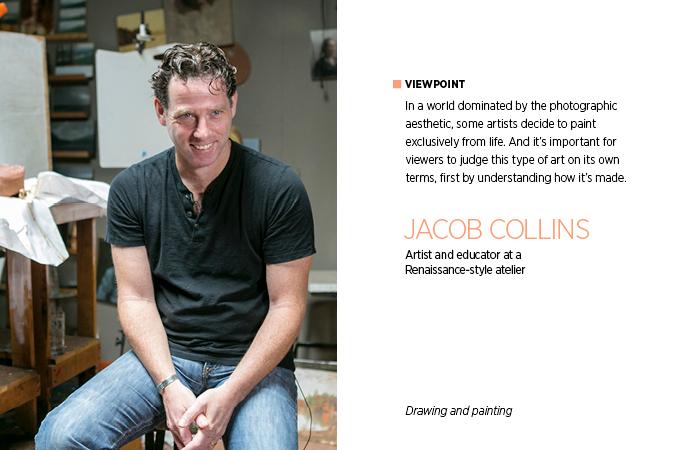Out of Care and Into Reform
Having spent 21 years in New York City’s foster care system, Jamel Robinson will be aged out of the system on Monday, Dec. 2. The years have been tough, and Jamel says he’s worried about his future after foster care.

REFORMER: Jamel Robinson grew up in the New York City foster care system. Aging out of the system after 21 years, Robinson is looking to continue his efforts to reform foster care. “The system failed me in some ways but equipped to advocate for the next generation,” he said. Courtesy Jamal Robinson
|Updated:






